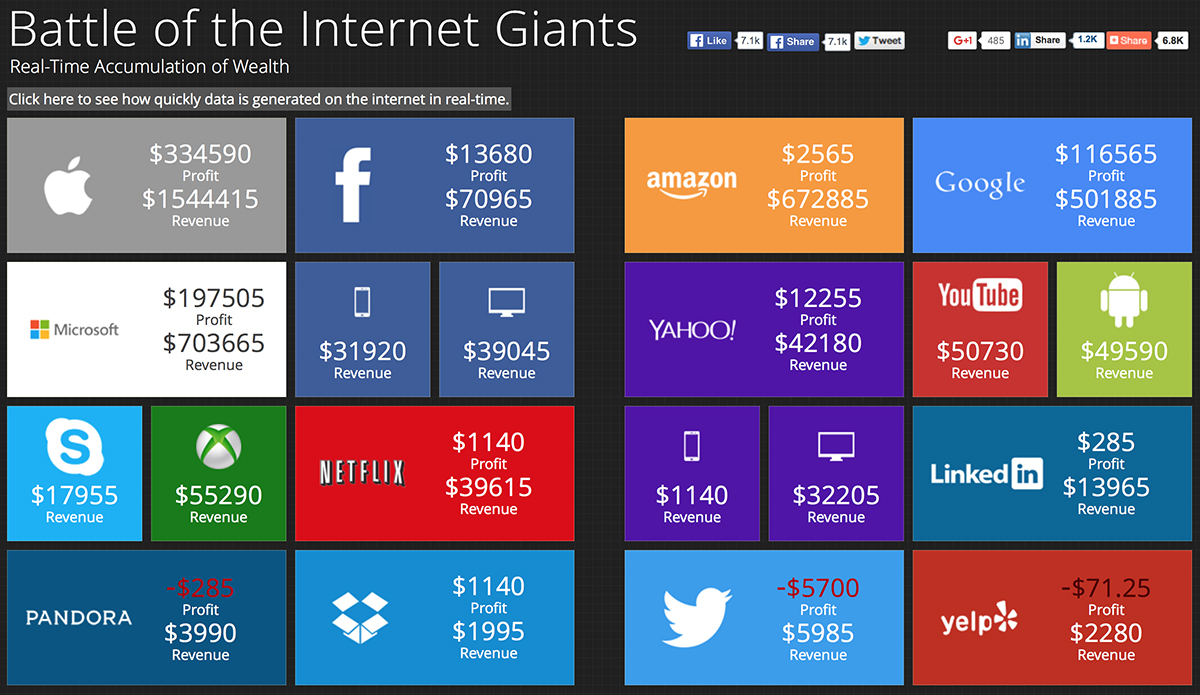50 siti web per i 50 anni di ARPANET
In occasione del 50° anniversario di ARPANET, che il 29 ottobre 1969 gettò le basi di quella rete di computer divenuta in futuro internet, Popular Mechanics ha pubblicato una lista dei 50 siti web che hanno condizionato il modo in cui viviamo, lavoriamo e comunichiamo ancora oggi.
Il primo non poteva essere altri che il sito del CERN, da cui il web ebbe inizio.
Il 20 dicembre 1990 sembrava una giornata come tutte le altre, ma in quella data uno scienziato informatico nelle Alpi svizzere stava pubblicando il primo sito web in assoluto nei laboratori dell'Organizzazione Europea per la Ricerca Nucleare (meglio conosciuta come CERN).
Dal suo computer NeXT, Tim Berners-Lee pubblicò la prima pagina web, spiegando il concetto di ipertesto e descrivendo come impostare un server.
Ma Berners-Lee non condivise con il resto del mondo il suo sito fino a un anno dopo, quando lo descrisse ai suoi contatti sul newsgroup alt.hypertext. Ci sarebbero voluti un altro paio di anni e l'arrivo della prima "killer app", il browser Mosaic, perché il web prendesse definitivamente piede.

